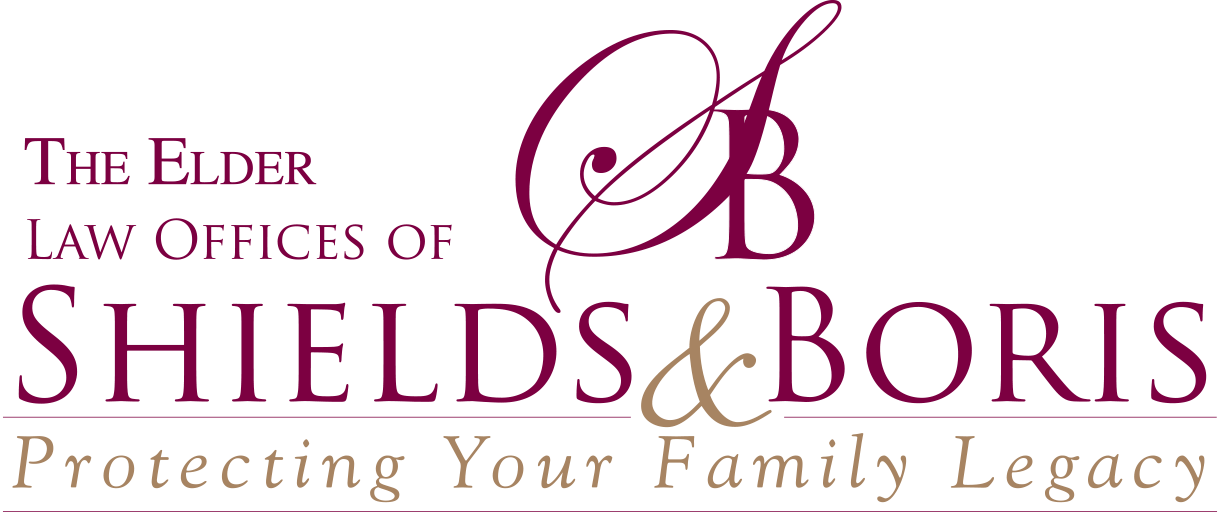Special Needs Trust
Serving Clients in Western and Central Pennsylvania and the Surrounding Area
Planning Now Means Peace of Mind Later
As the parent of a special needs child you and your family confront many challenges. However, securing your child’s financial future doesn’t have to be one of them. Taking the time now to develop a comprehensive financial plan means a secure, comfortable life for your child and peace of mind for you.
- You know your child better than anyone else because you have always been there observing and interacting with them. You know best how they have grown and dealt with challenges, their complete medical history, how they react to the activities and routine of the day, what brings on a smile, a giggle, or a tear, things they like or dislike and consequently what causes them frustration or brings on temper tantrums, and their particular special needs and special interests.
- You have the most invested in their future. You want as normal a life as possible for your children. You want them to become as self-sufficient as possible, but, at the same time, you understand that your involvement at some levels may be life-long. You need to be well-informed about the best ways for helping them maximize their potential.
- You are the one constant in your child’s life. Settings will change as your child progresses through school and life, personnel will be different, but you, as parents, will be there guiding them through it all.
Estate Planning is the process of deciding how you want your property to be distributed during your life, after your death, and developing the documents ensuring that your decisions are carried out. While estate planning is important for everyone, it is crucial for families with special needs children.
If you do not set up an appropriate estate plan, you lose the ability to control how your special needs child is cared for; making sure they have the assets they need and the vital government benefits that they are receiving; the habilitative services they need; the money or property they are entitled to; along with the assistance they may need to manage it. An estate plan is your best opportunity to ensure substitute assistance and guidance for your special needs child when you are no longer able to provide it.
In planning your estate, you must give special consideration to the following:
- the abilities and needs of your child;
- the government benefits and services that your child is receiving or is likely to receive in the future;
- the eligibility standards for those benefits and the effect of the various forms of inheritance on the eligibility; and
- the kind of guidance and assistance (if any) that your child will require after your death.
Many individuals with disabilities receive government benefits of one kind or another. Effective planning will enable you to maximize the available government programs and services, while using your estate funds to supplement them. It is important to consider both the government benefits your relative is currently eligible for, as well as the benefits that will become available at a later date (e.g. upon your retirement or death).
Everything a person owns at the time of death is called his or her estate. You have the right to decide who will become the owner of your estate after your death. Usually, an estate consists of real estate (called realty or real property), cash, bank accounts, stocks, bonds, and personal property, such as jewelry and automobiles (called personally or personal property). Effective estate planning ensures that your estate will be distributed in accordance with your wishes after your death and can be a valuable tool in providing for and helping your child.
Know the effect of an outright gift to your special needs child.
An outright gift or “bequest” to a special needs child will count as available resources to him/her and can result in the loss of eligibility for government benefits or increased financial liability for those benefits. You must decide whether the assistance available to your special needs child through your estate is sufficient, making the government benefits unnecessary for his or her lifetime needs. Doing this wisely involves reviewing the value of your estate, the needs of your special needs child, the degree and type of care he or she will require, his or her other sources of income, and the needs of your spouse and other children.
Know what a special Needs Trust does and does not do.
A trust is a legal document that allows property to be held and managed by one person (the trustee) for the benefit of another (the beneficiary). A properly drafted trust can both protect your special needs child’s eligibility for benefits, as well as provide for financial management without the need for guardianship.
There are three types of special needs trusts:
Pay-back Trust
- Your relative must be under age 65.
- The trust must be created by a parent, grandparent, legal guardian, or the court.
- The trust must provide that any assets remaining in the trust upon your special needs child’s death will be paid to Pennsylvania, up to the amount paid by Medicaid on behalf of your special needs child.
Pooled Trust
- A Pooled Trust is one established and managed by a non-profit association that maintains separate accounts for each beneficiary but that pools all the accounts for the purposes of management and investment.
- The trust must provide that any amounts remaining after the death of your special needs child will remain in the Pooled Trust.
Common Law Trust
- This is the type of trust that works well for many special needs families’ estate plans. This trust can be used to supplement the child’s needs without jeopardizing benefits.
- Upon the death of the special needs child, the assets remaining in the trust are passed to the beneficiaries that you designate.
The rules governing these types of trusts can be complex, and your attorney should review them carefully before drafting such a trust.
One advantage of a special needs trust is that it can be set up so friends and relatives can make gifts to your special needs child without interfering with benefits. This can be especially helpful for a grandparent who wants to treat all grandchildren equally with gifts or inheritances.
THE ABLE ACT
Definition and Purpose
The Achieving a Better Life Experience (ABLE) Act allows a person with disabilities to create an account similar to the qualified tuition programs known as “529 plans.” The purpose of the act was to provide a way for disabled, but not incapacitated, adults to save and invest money and be able to have control over the distributions of the funds without the restrictions associated with a special needs trust. The ABLE Act also allows a disabled person to continue to receive public benefits that would likely not be provided to someone over the resource limit with a special needs trust.

McKenna Adams, Attorney
I went to law school because I had the idealistic dream of using my degree to help people. I wanted to, as one of my law professor said, use the law to become a superhero, for those who could not combat the “legalese” and the confusion of the legal field. I originally started out in immigration and family law in Lancaster, PA, but wanted to move closer to home. I was tired of seeing Philadelphia sports on my television. I switched to elder law at Shields & Boris. When I started at Shields & Boris whenever special needs estate planning came up it drew my attention immediately. Special Needs Estate Planning gives me the ability to meet amazing individuals and give them guidance in an area that most people have a difficulty discussing. Discussing what happens after we pass is hard, but an important responsibility. As someone who has been practicing in Elder Law and Estate Planning, I know that sudden changes can be upsetting and distressing and without a plan can be overwhelming for those left without guidance. Setting up a plan for those who remain can hopefully set up a path through a very trying time and transition.
